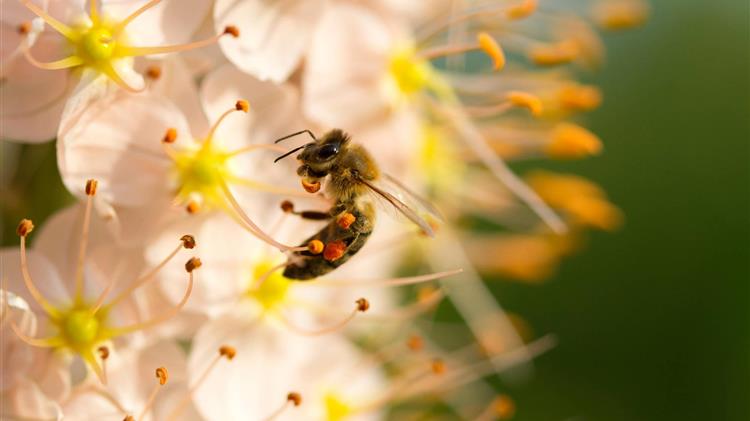Once again, 2021 will be another dramatic year for the sector, with an estimated 10/15% production loss compared to 2020 – having had already been a poor year for harvests. Extreme weather events have sensibly reduced flowering and flying periods of bees; thus hardly affecting productions. Meanwhile imports are still growing, and if European consumers cannot see this on the shelves, it is because the origin display remains structurally deficient. Copa and Cogeca welcome the announcement by the Commission on the revision of the Honey Directive and ask for rapid changes especially on market transparency.
The situation faced by European beekeepers on the ground is once again not encouraging. Talking about a 'bad season' has become pointless as poor outcomes are becoming the 'standard'. Most European countries have experienced extreme weather events in 2021: a long cold and wet spring has been registered almost all across Europe; droughts were recorded in the south of Europe and for the first time in decades also in Finland, floods in the North-West of Europe (Belgium and Germany), fires devastating Greek forests; all these causing a severe impact on flowering periods and shrunken flying periods. To compensate, beekeepers in several EU Member States had to apply emergency feeding for bees. In addition, some Member States faced an increasing pressure concerning bee-disease agents.
Despite a slight increase in bulk honey sale prices in some parts of the EU, the lack of profitability for commercial beekeepers continues to be unsustainable. This apparent paradox is explained in the latest data presented today by the Commission. Imports of honey are always increasing. They topped 174,885 tonnes in 2020, +4.7% compared to 2019. The main exporter of honey to the EU is the Ukraine, which has reinforced its market share from 24.3% in 2018 to 31.3% in 2020 (54,802 tonnes). The average honey price dropped from 1.83€/Kg in 2018 to 1.53€/Kg in 2020 in the Ukraine, while the average European cost of production is around 3.5-4€/Kg. The same goes with the second main honey export to Europe, China. Honey prices dropped from 1.51€/Kg in 2018 to 1.38€/Kg in 2020.
Copa and Cogeca welcome the announcement by the Commission on the upcoming revision of the EU Honey Directive. It is of the utmost importance to act promptly and fast, to strengthen the regulation and ensure better competitive playing-fields for EU beekeepers and especially to provide EU consumers with proper information regarding honey origins.
The newly appointed Chair of the Working Party for Honey at Copa-Cogeca, Stanislav Jas stated, "We have long been waiting for this decision. A stronger European regulation can truly make the difference on the honey market and secure the European beekeeping sector. In the short run, traceability should be the Commission's buzzword and must be at the centre of this reform. Beekeepers in Copa-Cogeca also consider the fight against adulteration of honey is key, as well as a broader reflection on the viability of beekeeping in the context of climate change. The Working Party will also assess the topic of co-habitation between wild pollinators and bees to promote biodiversity and proper pollinations of crops and wildflowers. ".
Ακολουθήστε το Agrocapital.gr στο Google News και μάθετε πρώτοι τις ειδήσεις
